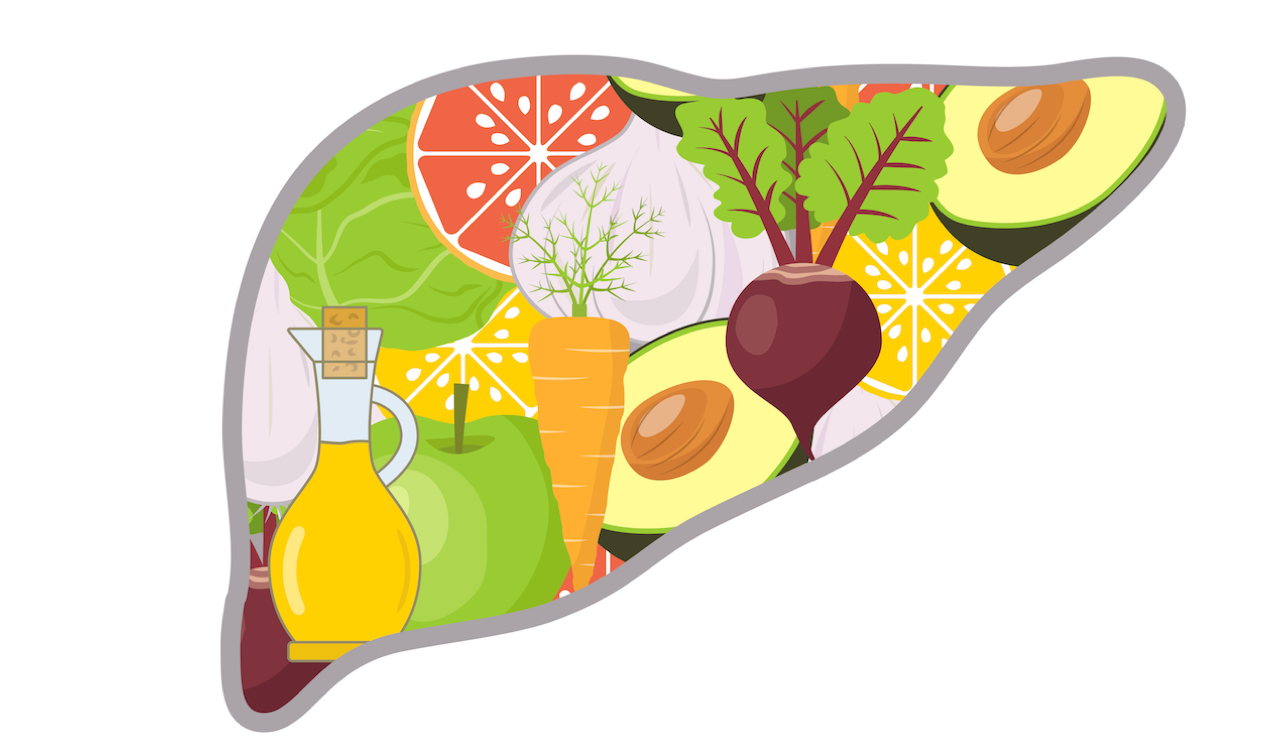After your skin, the liver is the largest organ in your body and is crucial for keeping your body in its best condition. This important organ has many functions. It produces bile, prevents blood clotting and controls the way fat and amino acids work. Most importantly, it clears out toxins by converting them into harmless substances or releasing them from the body.
When your liver is overloaded with work though, it may struggle to clear the toxins. There are also hundreds of diseases that can affect your liver. These may result in a congested liver or liver-related conditions.
Potential liver problems include:
Cirrhosis. This is fairly common in South Africa with alcoholism as a leading cause. In this condition, dead or damaged cells are replaced by fibrous tissue, causing fibrosis.
Hepatitis. This is when your liver becomes inflamed. In South Africa, we have three viruses that create hepatitis; A, B and C. In fact, these three viruses are completely unrelated to one another, but they all happen to target the liver during an infection.
Liver congestion. Your liver can become congested for a few reasons. One is when your liver can’t get rid of toxins in your body and can’t function properly as a result. Other reason are because it’s not able to produce enough bile, makes too much carbohydrates, or can’t keep your glucose (sugar) levels balanced.
Alcoholic fatty liver disease. Accumulation of fat in the liver in people who drink too much alcohol.
Iron overload. Too much iron in the body can poison the liver.
Non-alcoholic fatty liver disease. Accumulation of fat in the liver due to reasons other than alcohol. Obesity plays a big role in this condition, and about 80% of obese people have this disease.
Risk factors:
- Drinking excessive amounts of alcohol
- Sharing needles
- Exposure to other people’s blood and body fluids
- Unprotected sex
- Obesity
- Diabetes
- A family history of liver problems
Signs to watch for:
Jaundice. The whites of your eyes and skin can turn yellow from an excess of bilirubin (a yellow pigment) in the system. This is caused by malfunction of the liver.
Pain and swelling of the legs and abdomen. Fluid accumulates within the abdomen and the legs, causing these to swell.
Enlarged liver. This can be seen in a variety of causes of liver disease.
Skin problems. The skin can become itchy and spiderlike blood vessels form on the face and chest.
Bleeding in the oesophagus and stomach.
Blood abnormalities. A decreased number of red blood cells, white blood cells and platelets. Excessive bleeding and easy bruising can be the result of these abnormalities.
Hormonal abnormalities. Decreased fertility in women and erectile dysfunction in men.
Confusion. This happens when the brain struggles to function because of a build-up of toxins in the blood.
Help your liver
There are ways to keep your liver in shape.
- Talk to your doctor about getting vaccinated for hepatitis.
- Drink alcohol in moderation and remember that high-risk drinking means more than eight drinks a week for women and 15 drinks for men.
- Talk to your doctor before using prescription and non-prescription medication.
- Avoid contact with other people’s body fluids.
- Drink a cup of coffee or tea every day to increase antioxidants in the liver and decrease inflammation. This lowers the chance of liver disease like fatty liver.
- Eat broccoli and Brussels sprouts as they may increase the liver’s natural detoxification enzymes. This helps protect your liver from damage.
- Stay away from foods with added sugar.
- Avoid eating white bread, rice and pasta, which can raise blood sugar.
- Eat red meat in moderation as it contains saturated fat.

